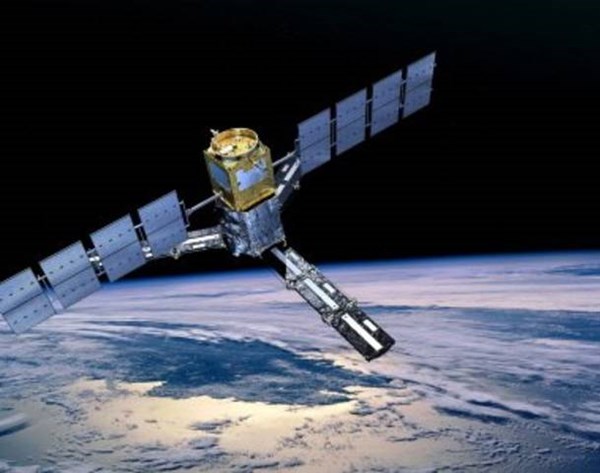U.S. rescues international satellite which was attacked by Russia
The Mission Extension Vehicle 1 (MEV-1) has completed the rescue of the Intelsat 901 telecommunications satellite, according to U.S. company Northrop Grumman, which manufactured MEV-1. This information is confirmed by the international operator Intelsat, which owns Intelsat 901, previously allegedly attacked by the Russian satellite Luch.
According to Northrop Grumman, MEV-1 docked with the Intelsat 901 which was in decaying orbit and conducted a series of maneuvers to move the satellite into geostationary orbit. The operations were carried out on April 2 and allowed 30 commercial and government customers to resume work with this telecommunications satellite. The telecommunications operator expects that Intelsat 901 will work for another five years.
In February, the MEV-1 docked with Intelsat 901. This was the first ever docking of two commercial satellites.
In January, satellite operator Eutelsat reported that the Eutelsat 5 West B satellite, which was brought into orbit in October 2019 along with the MEV-1 by the Russian Proton-M rocket, had lost half of its power due to the failure of one of the two solar panels.
In December 2017, Space News reported that the U.S. Orbital ATK (absorbed by Northrop Grumman) was licensed by the U.S. Federal Communications Commission for the maintenance of Intelsat 901.
In April 2015, according to Space News, Luch approached Intelsat 901 at a distance of ten kilometers, which led the Pentagon to consider the Russian spacecraft an anti-satellite weapon.
The Luch satellite was launched in 2014 by the Proton-M rocket. The spacecraft was created as part of the Russian Federal Space Program for 2006-2015 to communicate with the Russian segment of the International Space Station and low-orbit spacecraft.
Intelsat 901 is a satellite belonging to Intelsat Corporation headquartered in Luxembourg. It was brought into orbit in 2001 by an Ariane 4 rocket. Its mission is to provide television broadcasting in the Americas, Europe, Africa and the Middle East. The expected lifespan of Intelsat 901 is 15 years.
